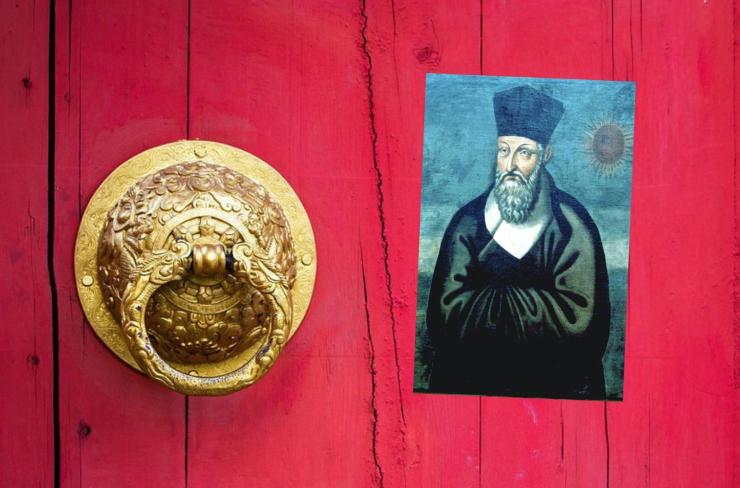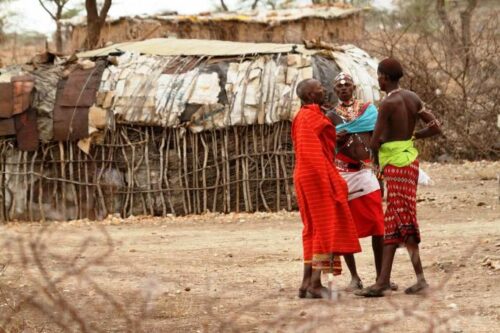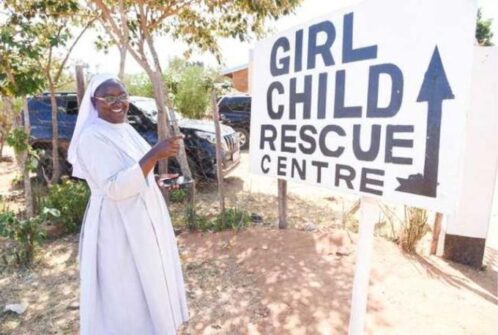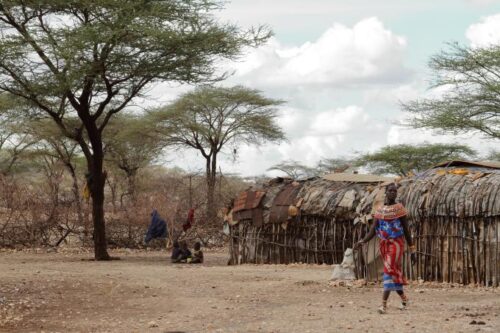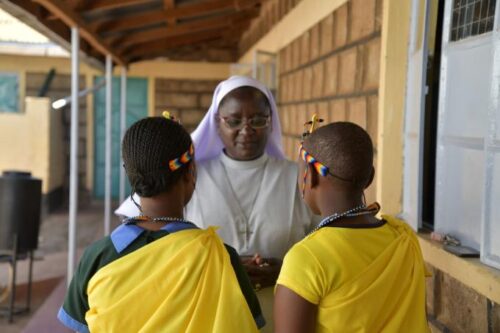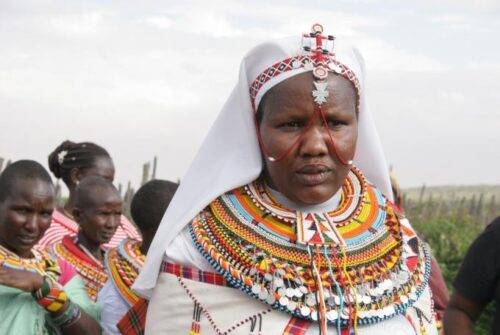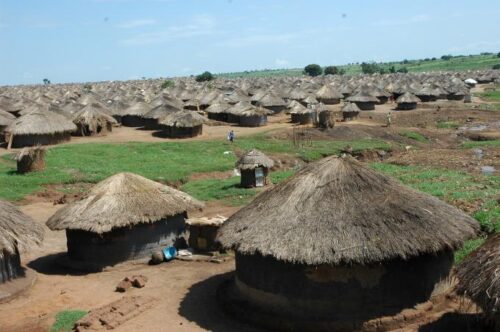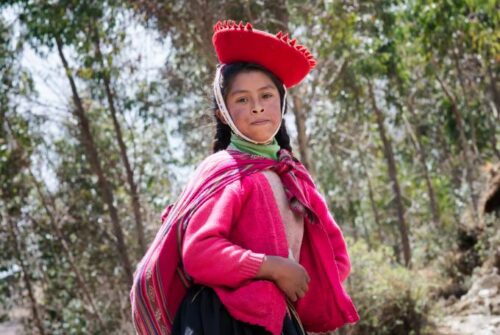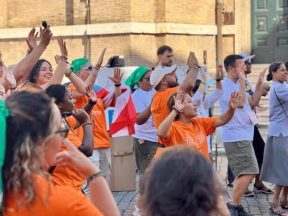Yvette Mushigo, Breaking the Silence.
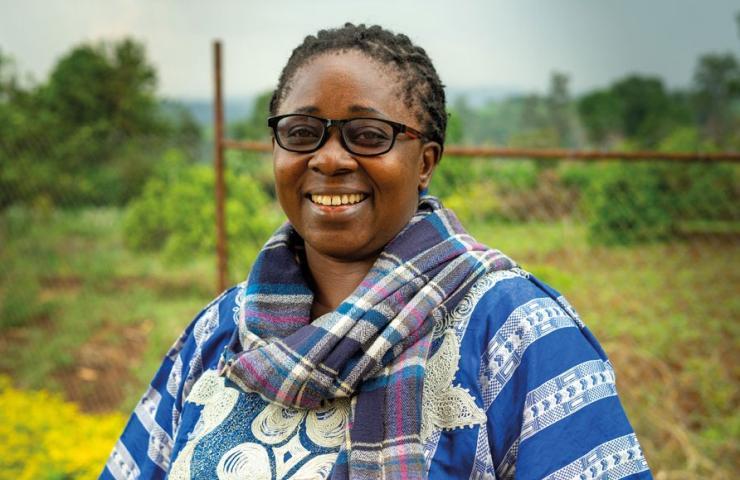
The Congolese activist and jurist Yvette Mushigo is the coordinator of the Synergie des Femmes pour la Paix et la Réconciliation (SPR), a network of associations operating in Bukavu (DRC) for women to know and claim their rights.
“There are many types of violence that are perpetrated against women. From discrimination in employment and sexual exploitation in the mines to homelessness and rape by armed groups, through the lack of border protection or sufficient food security to raise children”, says lawyer Yvette Mushigo.
Almost a decade ago, some European organizations in collaboration with Congolese institutions launched the Femme Au Fone (FAF, which means ‘woman on the phone’) project. The approach was as simple as it was effective. When a woman was subjected to or witnessed some kind of assault, she would send an SMS message on her cell phone to report it.
The project envisaged a computer program to process and monitor the information and a weekly radio program in which the violence reported in the first person was analysed, as well as the reactions of the listeners in making them public.
For two years, FAF established the basis for systematic violence against women to cease to be normal. “Women practise the principle of listening, something therapeutic. When they say it, they realize that they are not the only ones who have suffered violence”, says Yvette Mushigo.
Once the silence is broken, they know they must achieve financial independence to get out of the vulnerability in which they are trapped. Due to the high unemployment in the area, there are cases where the support of the family falls on the woman.
“It is a woman’s right to inherit, to work, to access health care… This is the advocacy work we do because the authorities have an obligation to provide it. I have turned towards social justice to provide women with knowledge and preventive tools so that they do not find themselves in unjust situations that are difficult to reverse”.
The DR Congo is one of the richest countries on the continent in terms of mineral resources, yet nearly 70% of its population lives below the poverty line. In the east of the country, the difficulties of survival are multiplied by the armed conflicts that have been affecting
the region for decades.
Mushigo points out that “in a patriarchal system that has always considered women in the background, teaching women their rights is seen as a provocation. Men consider it a threat to their authority in the place they occupy, that women should have their same rights”, and adds that women are even seen as “coercion due to their stability and that we can revolutionize society. But the authorities have an obligation to respond and ensure our safety by applying the laws”.
The Synergie des Femmes pour la Paix et la Réconciliation (SPR) network, involved in the FAF project from the outset, brings together 37 human rights organizations from Eastern DRC, Rwanda, and Burundi. Created in 2005, it uses the potential of women in the region to promote their rights and leadership and also contributes to peace-building.
Throughout this time, they have verified positive results in both women and young people from the cities of the Great Lakes, among which they confirm the existence of positive masculinity. Every year they organize a meeting, known as ‘Field of Peace’, to share the difficulties and situations of violence they experience in their places of origin, present possible solutions and feel part of a common struggle.
“You have to show men and women that when they are in good conditions everyone wins, which also allows men to avoid that violence to which they are subjected psychologically and economically from the social environment”, explains Mushigo.
The lawyer is convinced that training in women’s rights must be carried out in a mixed way to advance in coexistence with common values.
Yvette Mushigo has two brothers and five sisters, all of whom are college graduates and have similar access to career opportunities and personal development. She shares with her father, a teacher, the pride of working in the SPR. In her house, with her three daughters and her eldest son, gender equality is a reality.
“We are committed to internalizing principles such as the distribution of household chores. My son makes his little sister do her homework. He also does the cooking when I travel. He knows that he will receive the same inheritance as his sisters. All my children have the same privileges”.
The ‘impossible women’ of the SPR – as they are sometimes called due to their efforts to change what is consolidated – are the protagonists of a collective effort in which the community, made up of people with different realities and needs, is in a privileged place. They have experienced the extent of their strength and are unwilling
to relinquish their power.
Fibla García-Sala

